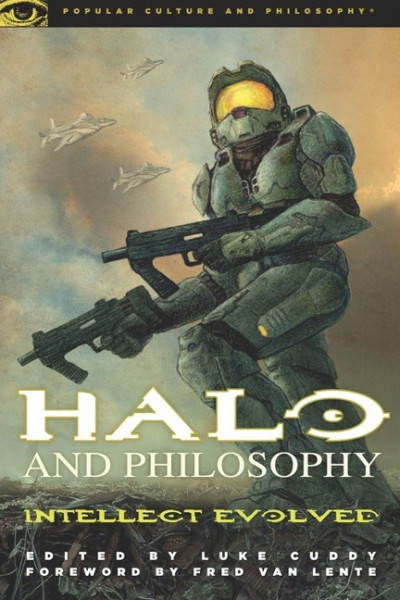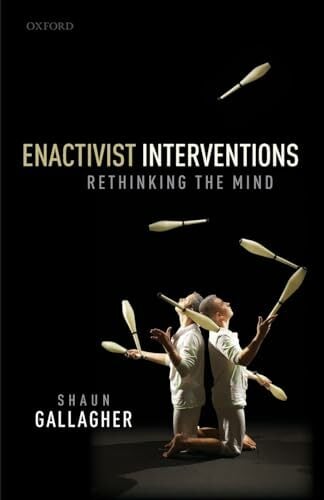
Halo and Philosophy: Intellect Evolved
inkl. MwSt. Versandinformationen
Lieferzeit 1-3 Werktage
Lieferzeit 1-3 Werktage
Kurzinformation
inkl. MwSt. Versandinformationen
Lieferzeit 1-3 Werktage
Lieferzeit 1-3 Werktage

Beschreibung
Since the "Doom" series, First Person Shooter (FPS) videogames have ricocheted through the gaming community, often reaching outside that community to the wider public. While critics primarily lampoon FPSs for their aggressiveness and on-screen violence, gamers see something else. "Halo" is one of the greatest, most successful FPSs ever to grace the world of gaming. Although "Halo" is a FPS, it has a science-fiction storyline that draws from previous award-winning science fiction literature. It employs a game mechanic that limits the amount of weapons a player can carry to two, and a multiplayer element that has spawned websites like Red vs. Blue and games within the game created by players themselves. "Halo"'s unique and extraordinary features raise serious questions. Are campers really doing anything wrong? Does "Halo"'s music match the experience of the gamer? Would Plato have used "Halo" to train citizens to live an ethical life? What sort of Artificial Intelligence exists in "Halo" and how is it used? Can the player's experience of war tell us anything about actual war? Is there meaning to Master Chief's rough existence? How does it affect the player's ego if she identifies too strongly with an aggressive character like Master Chief? Is "Halo" really science fiction? Can "Halo" be used for enlightenment-oriented thinking in the Buddhist sense? Does "Halo"'s weapon limitation actually contribute to the depth of the gameplay? When we willingly play "Halo" only to die again and again, are we engaging in some sort of self-injurious behavior? What is expansive gameplay and how can it be informed by the philosophy of Michel Foucault? In what way does "Halo""'s post-apocalyptic paradigm force gamers to see themselves as agents of divine deliverance? What can Red vs. Blue teach us about personal identity? These questions are tackled by writers who are both "Halo" cognoscenti and active philosophers, with a foreword by renowned "Halo" fiction author Fred Van Lente and an afterword by leading games scholar and artist Roger Ngim. von Cuddy, Luke
Produktdetails

So garantieren wir Dir zu jeder Zeit Premiumqualität.
Über den Autor

- Hardcover
- 412 Seiten
- Erschienen 1990
- SUNY Press

- Taschenbuch
- 152 Seiten
- Erschienen 2000
- Augsburg Fortress Publishers

- Hardcover
- 328 Seiten
- Erschienen 2003
- Cambridge University Press

- Hardcover
- 328 Seiten
- Erschienen 2004
- Cambridge University Press

- Hardcover
- 316 Seiten
- Erschienen 2023
- MIT Press

- Kartoniert
- 211 Seiten
- Erschienen 2014
- Routledge

- Kartoniert
- 528 Seiten
- Erschienen 1998
- W. W. Norton & Company

- Kartoniert
- 306 Seiten
- Erschienen 2020
- Knopf Doubleday Publishing ...

- Kartoniert
- 176 Seiten
- Erschienen 2022
- Brunnen

- Hardcover
- 368 Seiten
- Erschienen 2012
- Griffin

- Hardcover
- 184 Seiten
- Erschienen 2006
- Wiley-Blackwell

- Hardcover
- 464 Seiten
- Erschienen 2003
- Basic Books




 bestellen
bestellen

























